Davison’s latest photobook evokes the simple yet sublime lives of Najin and Fatu, the last of a species on the brink of extinction
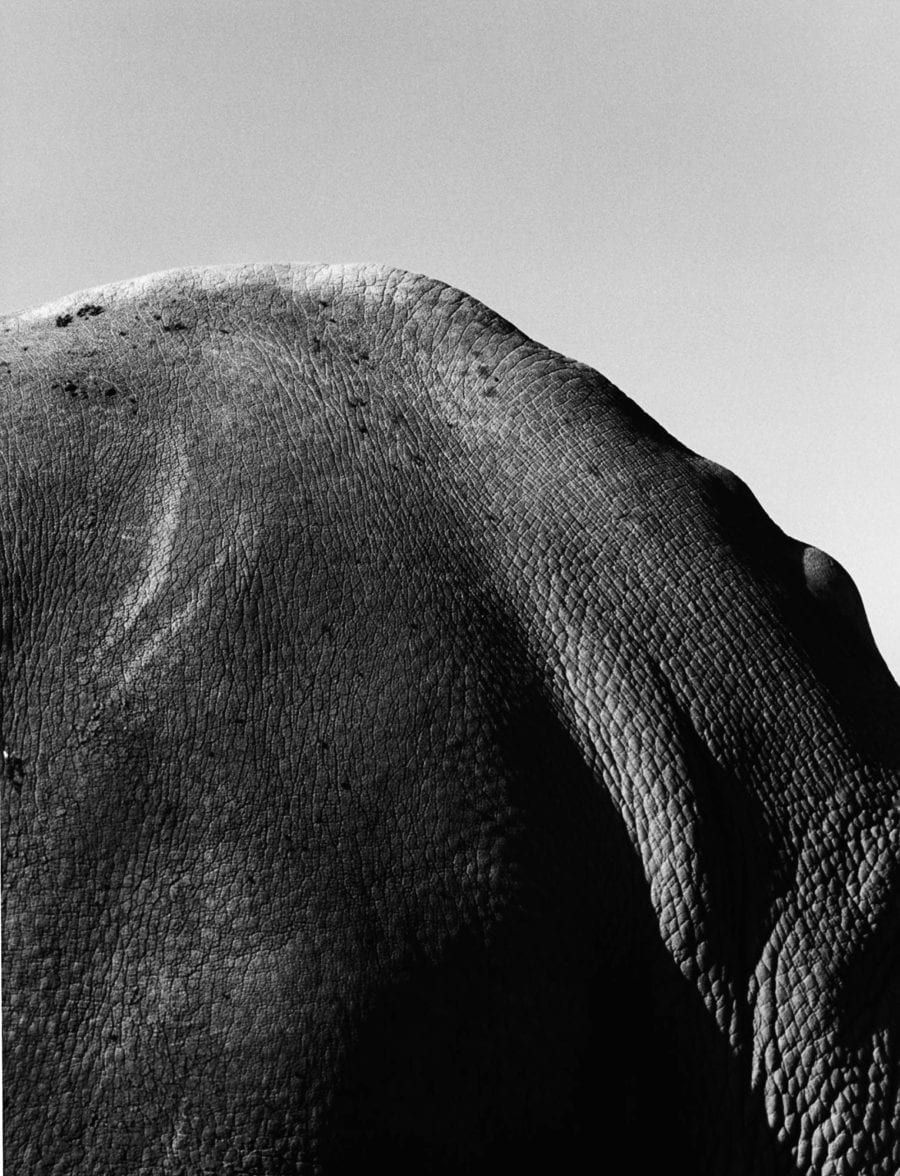

Davison’s latest photobook evokes the simple yet sublime lives of Najin and Fatu, the last of a species on the brink of extinction
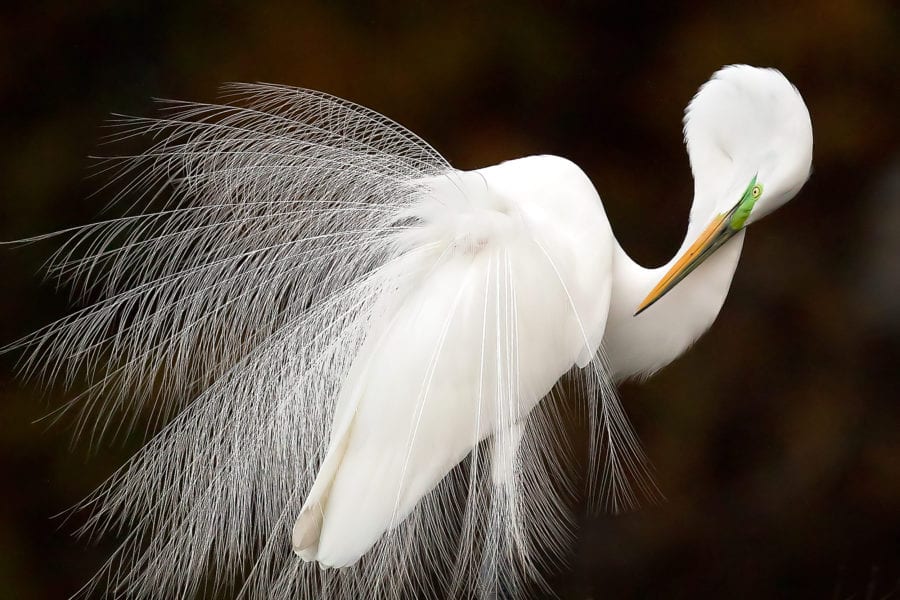
Under Donald Trump’s administration, the future of wildlife conservation appeared bleak, but what might it look like now Biden is in power? Graeme Green speaks to three wildlife photographers about what the new President-elect should prioritise
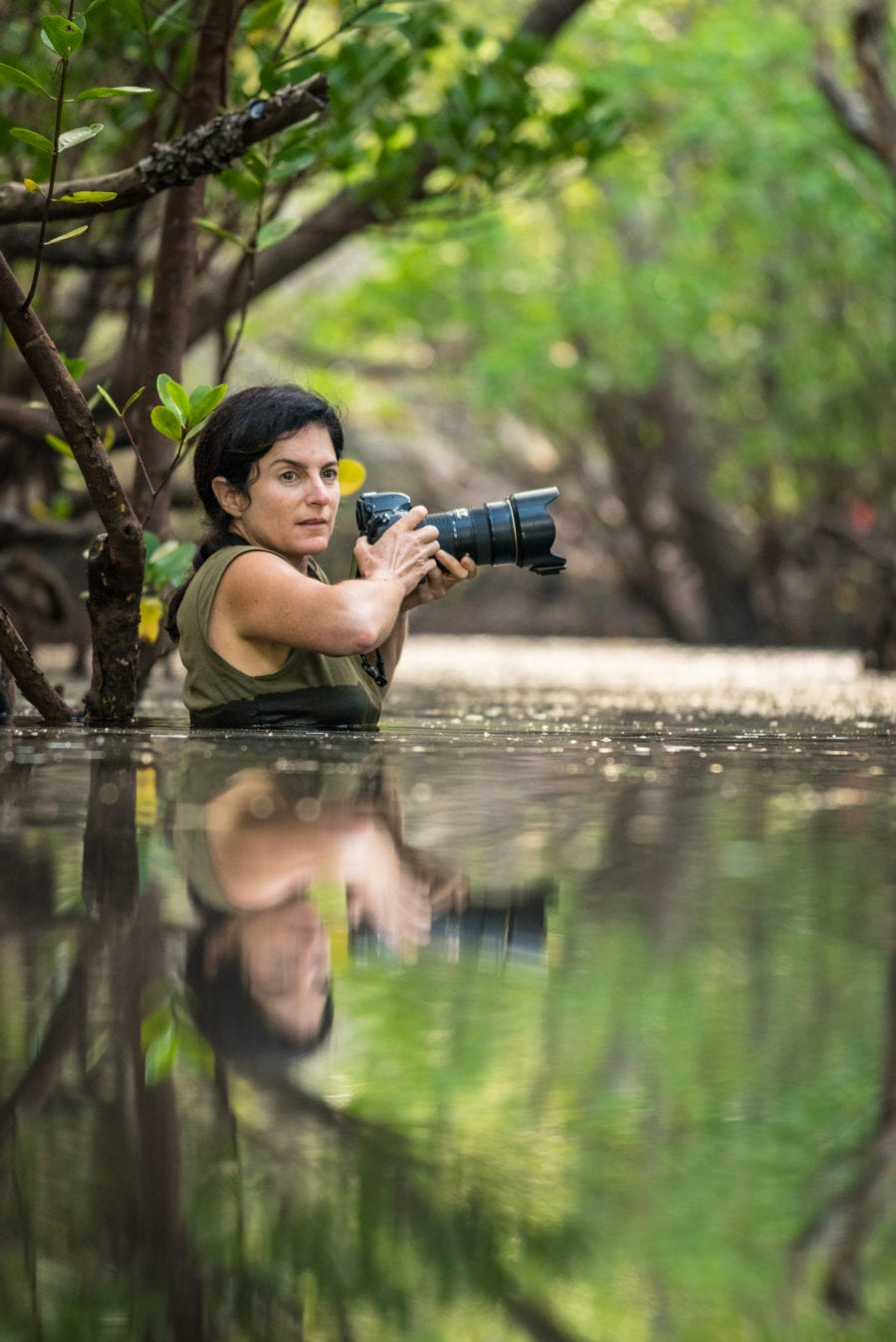

BJP explores the last of the talent and topics presented for Futures 2020 Digital Festival in response to the theme RESET

As Futures 2020 Digital Festival continues its online programme, we explore more of the talent and topics presented by the 12 member institutions in response to the theme RESET

In the second week of Futures 2020 Digital Festival, we continue to explore the selected talent and topics presented by the 12 member institutions in response to the theme RESET

American photographer Laura Morton has won the 2018 Canon Female Photojournalist Award. The award gives her €8000 funding towards a new project, which will be exhibited at the 2019 Visa Pour l’Image festival.
Originally trained in Political Science and Journalism, Morton has previously shot projects on FARC guerrillas in Colombia, the segregation and oppression of Pashtun women in Pakistan, and military sexual assault survivors in the US, and her project on young tech entrepreneurs in San Francisco, Wild West Tech, was funded by the Magnum Foundation and published in BJP’s April 2016 relaunch issue. But she won the award with a pitch for a new project titled University Avenue, named after a road which runs through two very different districts of her home town, San Francisco.
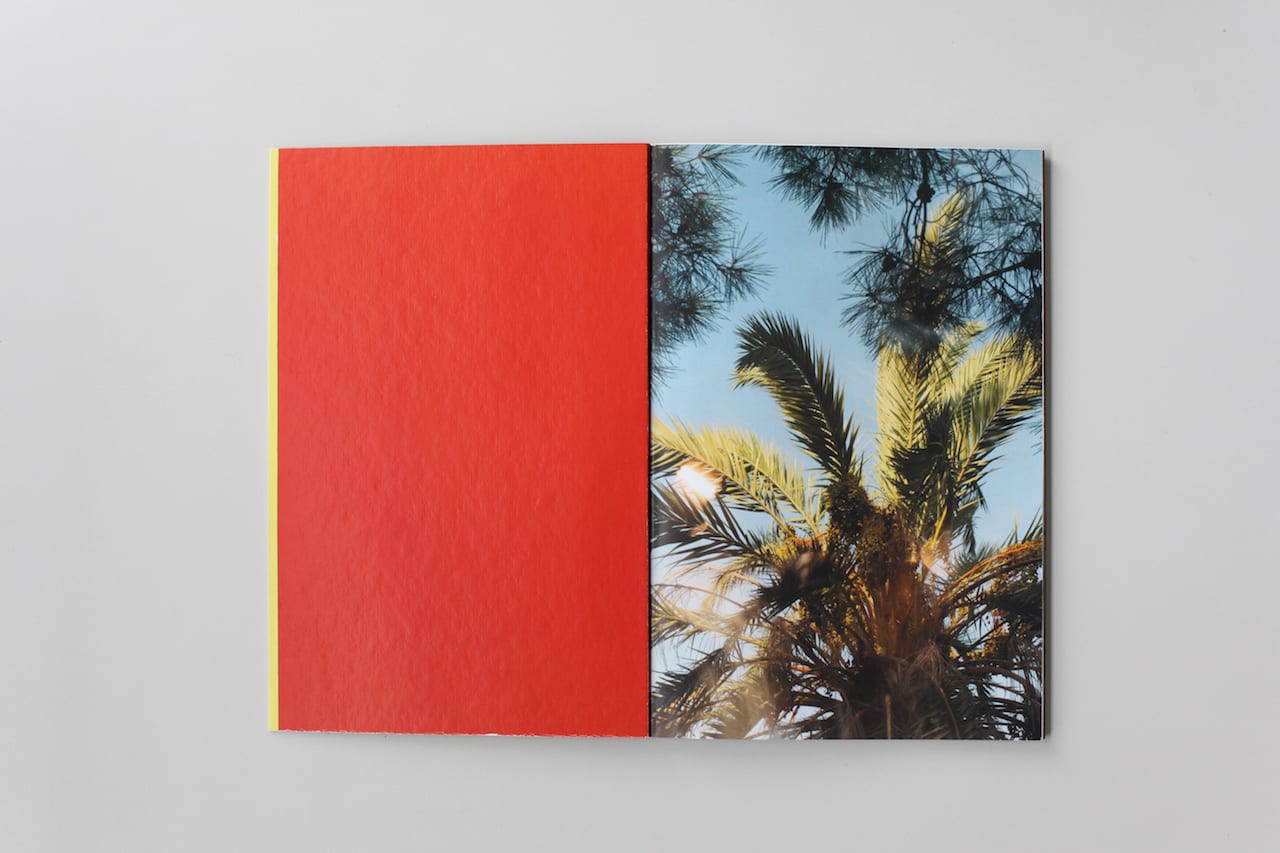
Michael Danner’s book project Migration as Avant-Garde has won the prestigious Dummy Award at the Fotobookfestival Kassel. His mock-up will now be produced and published by Kettler, Germany, the company behind Mathieu Asselin’s hit book Monsanto: A Photographic Investigation.
Born in Reutlingen, Germany in 1967, Danner studied photography at Fachhochschule Bielefeld in Germany and the University of Brighton in the UK, and lived in London from 1997 to 2000. He’s now based in Berlin, where he lectures in photography at the Berliner Technische Kunsthochschule. He has previously published three monographs and seven artist’s books.
His project “examines the new ways in which migrants are pursuing their hope for a better life”, he states, adding: “The term ‘avant-garde’ stands for progress and the way of a pioneer. Driven by the desire to give their lives meaning, and guided by their own integrity, migrants bring new perspectives and points of view to our society. The origin of his work was the reading of a 1943 text by the philosopher Hannah Arendt.”

The 18-year-old Hamburg Triennial will be directed for the second time by Polish curator Krzysztof Candrowicz, who moved to Hamburg four years ago and set about transforming the it, bringing people and institutions together, and determined to make it more relevant to the viewing public. The 2015 edition was, he says, “The first holistic attempt to create the collaborative framework of the festival. Before, the museums were basically highlighting their own exhibitions, but there was no actual curatorial collective structure.” The determinedly political and environmentally-conscious theme this year was inspired by an amalgamation of many factors, he says, including spending a year “away from structured, mechanised and commercial reality”, travelling around Latin America, Nepal and India. “Breaking Point became, for me, a metaphor for rapid and sometimes unexpected transformation on a personal and global level.”
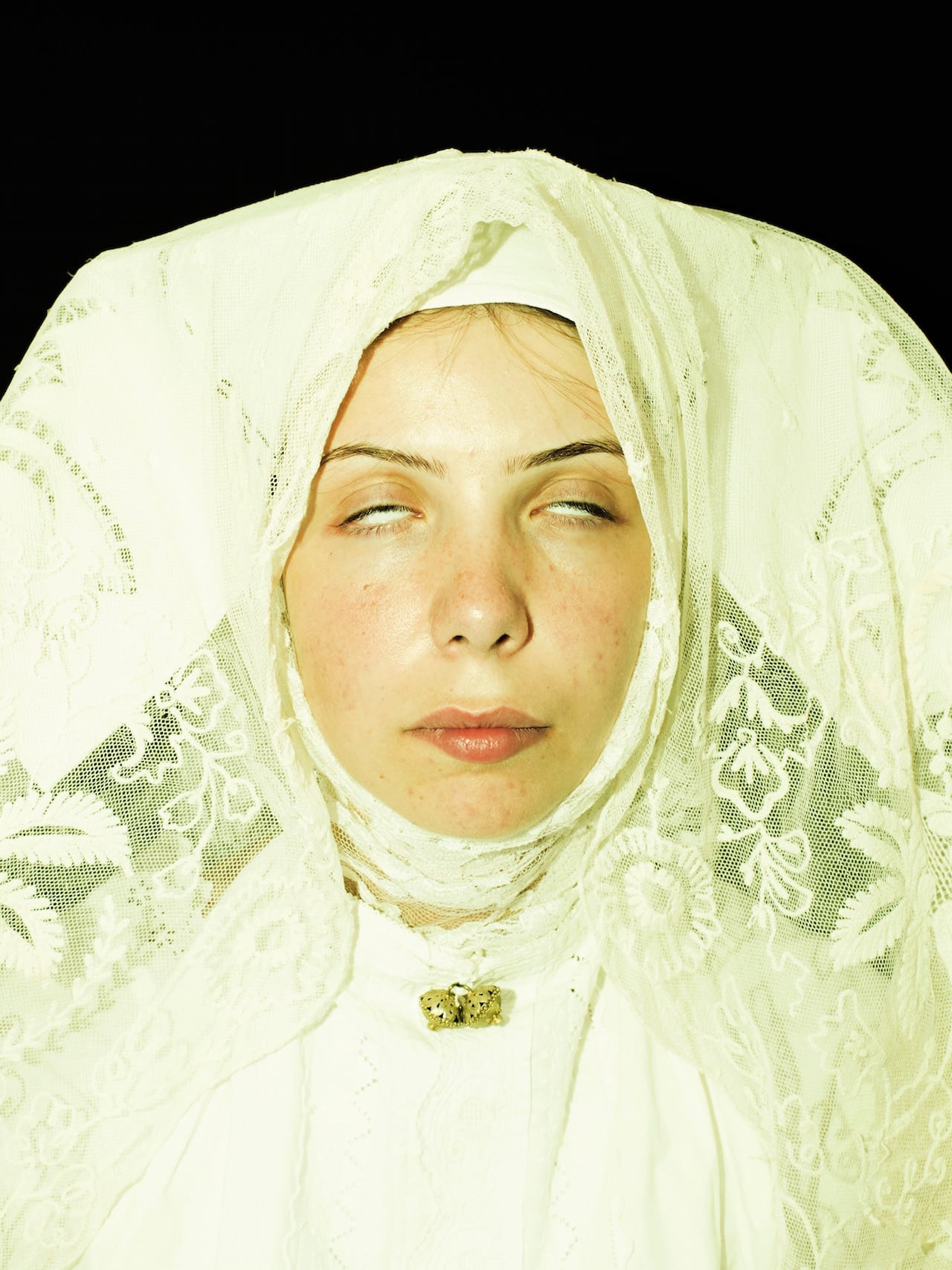
Between 1960 and 1997, the idyllic Italian island of Sardinia witnessed a series of kidnappings at the hands of the anonima sequestri sarda – a group of vigilantes meting out justice according to a traditional, local code of honour known as the codice barbaricino. Over 37 years, 162 people were kidnapped for ransom, with some of them killed. The kidnapping of seven-year-old Farouk Kassam in 1992 is particularly vivid for Sardinian-born-and-raised Valeria Cherchi, who was the same age at the time. The case instilled in her a profound fear. “I clearly remember the news, during his fifth month of imprisonment, that the upper part of his ear was found by a priest on a mountainous road in Barbagia, central Sardinia,” she recalls.